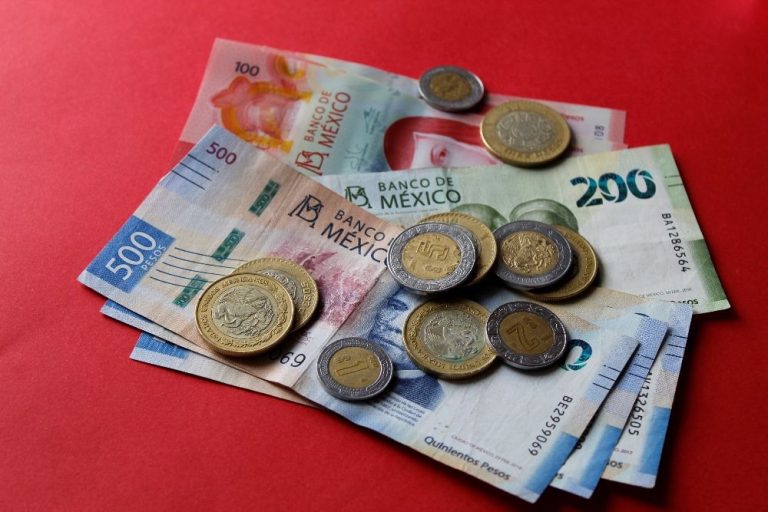Mexico’s inflation rate experienced a notable decline in August 2024, falling to 4.99% from a 14-month high of 5.57% in July.
This decrease exceeded economists’ expectations, who had predicted a more modest drop to 5.09%.
The latest figures from the Instituto Nacional de Estadística y Geografía (INEGI) highlight a significant shift in Mexico’s economic landscape, suggesting a potential stabilization of consumer prices that could influence both policy decisions and public sentiment moving forward.
Mexico’s inflation decline: key contributors
The sharp reduction in inflation is largely attributed to declines in several key sectors.
Food and non-alcoholic beverages, which had previously driven inflation upwards, fell to an annual rate of 5.98% from 7.77% in July.
This change reflects a significant reversal, as food prices are typically volatile due to seasonal variations and supply chain issues.
Other notable contributors to the inflation drop included alcoholic beverages and tobacco, which decreased to 4.26% from 4.45%, and housing and utilities, which fell from 5.72% to 5.14%.
The health sector also saw a decline, with inflation rates dropping to 4.52% from 4.86%.
These reductions signify a broader stabilization in consumer prices for essential services and commodities, offering relief to households dealing with rising living costs.
Inflation rates for education and miscellaneous goods and services also saw slight reductions—6.09% from 6.37% and 4.28% from 5.54%, respectively.
Notably, the core inflation rate, which excludes volatile items, fell to 4% in August, the lowest level since February 2021.
On a month-to-month basis, the Consumer Price Index (CPI) saw a minimal increase of 0.01% in August, a significant drop from the 1.05% rise recorded in July.
This monthly increase was below the anticipated 0.09%, indicating that consumer prices are stabilizing.
This slow rise may provide temporary relief for consumers who have faced escalating inflation rates.
Mexico inflation: implications for monetary policy
The decrease in inflation has substantial implications for monetary policy and consumer confidence.
As inflation rates stabilize, the Bank of Mexico may reassess its approach to interest rates, potentially easing policies designed to combat rising inflation.
Such adjustments could create a more favorable financing environment, fostering growth in previously sluggish sectors.
For the public, lower inflation translates into relief for household budgets.
As essential goods become more affordable, consumers may find themselves with extra disposable income, potentially boosting spending—an important driver of economic recovery and growth.
This positive shift in economic conditions may enhance public sentiment, leading to a more optimistic outlook on personal finances and future consumption trends.
Mexico’s annual inflation rate dropping to 4.99% in August 2024 reflects both economic resilience and market adaptation.
As different sectors contribute to easing inflationary pressures, officials will monitor these trends closely to guide future monetary policy.
Understanding these inflationary shifts is crucial for maintaining economic stability and addressing the everyday impact on citizens’ lives.
As Mexico adapts to this evolving economic environment, the effects of these changes will be felt nationwide.
The post Mexico’s inflation drops to 4.99% in August, signaling economic stabilization appeared first on Invezz

